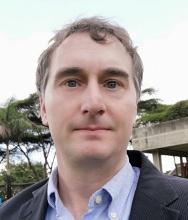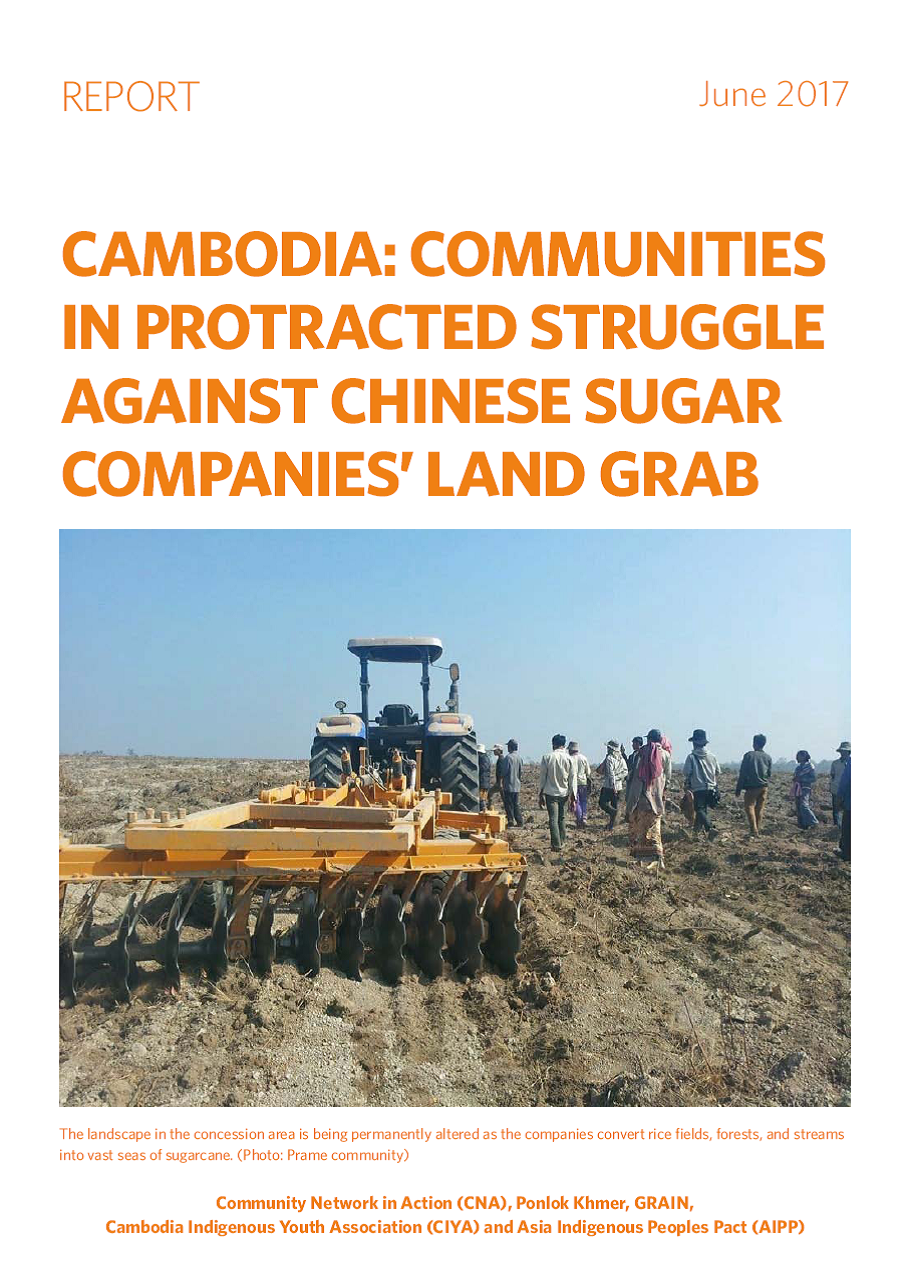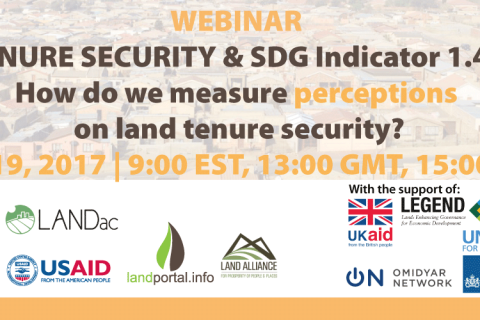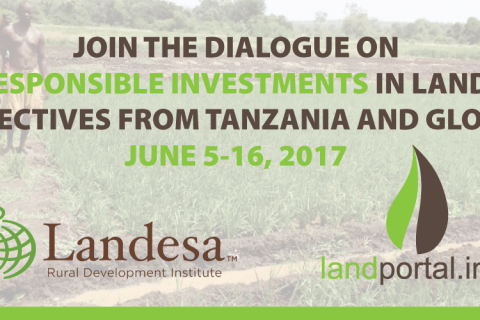
Topics and Regions
Neil Sorensen joined the Land Portal as its Communications Specialist in October 2015. He has extensive experience leading communications for international organizations and developing relationships with civil society, donors, intergovernmental agencies, the media and the private sector. Previously, Neil worked for the International Fund for Agriculture Development (IFAD) as a Governing Bodies Officer and Strategic Adviser to the Secretary of IFAD. He has also led communications for three international organizations, including the International Land Coalition, the International Federation of Agricultural Producers (IFAP) and the International Federation of Organic Agriculture Movements (IFOAM). He holds a Master’s degree in Global Diplomacy from the University of London School of Oriental and African Studies (SOAS) as well as a Bachelor’s degree with a double major in German and Sociology from St. Cloud State University.
Details
Location
Contributions
Displaying 851 - 860 of 1156Loss of Fertile Land Fuels Crisis Across Africa
Climate change, soil degradation and rising wealth are shrinking the amount of usable land in Africa. But the number of people who need it is rising fast.
By Jeffrey Gettleman
LAIKIPIA, Kenya — The two elders, wearing weather-beaten cowboy hats with the strings cinched under their chins, stood at the edge of an empty farm, covering their mouths in disbelief.
Millions displaced by land conflict annually, leading to humanitarian crises
Land Portal Foundation and the Food and Agriculture Organization of the United Nations (FAO) launch thematic portfolio on land conflicts
Cambodia: communities in protracted struggle against Chinese sugar companies’ land grab
A new joint report from Community Network in Action (CNA), Ponlok Khmer, GRAIN, Cambodia Indigenous Youth Association (CIYA), and the Asia Indigenous Peoples Pact (AIPP) exposes the devastating consequences of land grabs for indigenous communities in Preah Vihear province, northern Cambodia.
Vacancy announcement:“Partnership Coordinator” for the Land Matrix Initiative
Deadline:
14/07/2017
The Partnership Coordinator ensures the smooth functioning of the Land Matrix partnership, and is responsible for organizing, monitoring and improving project activities, under the direction of the Steering Committee. The position will be based at the University of Pretoria, hosted by the Department of Agricultural Economics and the Centre for the Study of Governance Innovation. The position will be at project manager level of the University of Pretoria.
Call for proposals: Voice by the Netherlands Ministry of Foreign Affairs, Oxfam Novib and Hivos
Deadline:
31/12/2017
Voice is a new innovative grant facility that supports the most marginalised and discriminated people in ten low- and lower-middle income countries in Africa and Asia. It aims to amplify and connect thus far unheard voices in efforts to leave no one behind.
Voice stands out from other grant-making programmes by developing a grant application and reporting process adapted to the five target groups and four grant types and that is accessible, user-friendly and innovative.
Webinar on Tenure Security and SDG Indicator 1.4.2
Join the Global Land Tool Network (GLTN)'s Global Land Indicators Initiative (GLII), LANDac, the Land Alliance, the Land Portal and USAID for an online event exploring land tenure and the SDGs.
The Sustainable Development Goals (SDGs) are a universal call to action to end poverty, protect the planet and ensure that all people enjoy peace and prosperity.
Género y tierra en América Latina Situación de las mujeres rurales y sus luchas por la tierra
Es una realidad que hay contradicciones en cuanto al manejo y la tenencia de la tierra en América Latina, siendo una situación importante que impacta en las economías locales y en la vida de millones de personas. Aunque en las últimas dos décadas la mayoría de los países latinoamericanos han implementado en su legislación medidas para promover el acceso y derecho de la mujer a la tierra, siguen existiendo limitaciones que no han permitido un mayor avance hacia la equidad en la distribución de la tierra.










